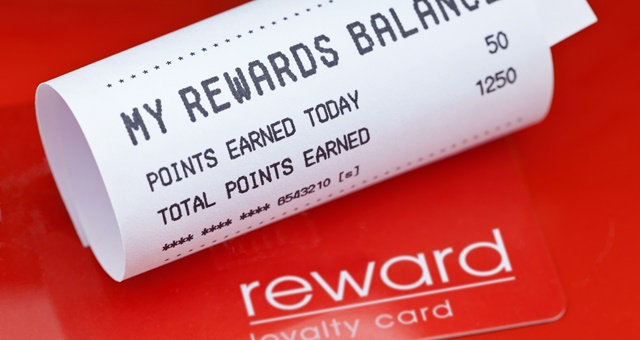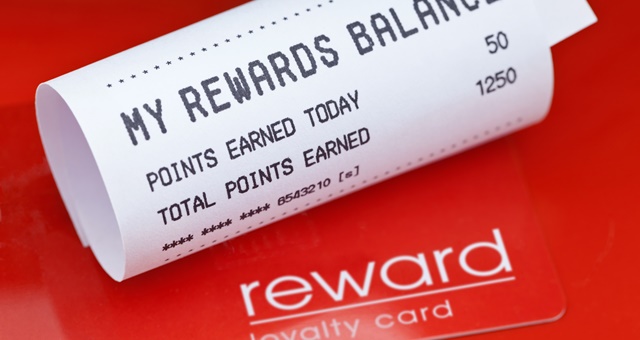
Systemic changes including legislative reforms aimed at customer loyalty schemes, including hotel programs, have been recommended by the Australian Competition and Consumer Commission as part a sweeping review into the sector.
Improvements called for by the ACCC to the loyalty sector overall included better communication by loyalty programs into collection and management of personal data and for programs to stop automatically linking a customer’s payment cards to loyalty accounts and profiles. Reforms to consumer and privacy law were also among the recommendations issued.
Key concerns highlighted by the competition regulator included the potential of an increase in targeted advertising by third parties receiving customer data and insights from loyalty program operators which could result in different prices being offered for the same product or service.
ACCC Chairman, Rod Sims, said operators of loyalty programs were being urged to improve their data practices and to help members better understand how programs operate including how data collected may be used.
“Our recommendations would protect consumers and help ensure consumer trust in loyalty schemes, in the digital economy and in data-based innovation, which is a benefit for the broader economy.

“Even simple changes, such as more prominently alerting customers that their points are about to expire, for example, in the subject line of an email, could help prevent a consumer from losing points earned over several years,” he said.
Another red flag featured in the report concerned the vagueness of privacy policies which use broad language to seek consent to collect customer data and potentially use or disclose to third parties. The ACCC called on loyalty programs to abolish unfair contract terms and trading practices, urging state and federal governments to consider such action.
“Many consumers are increasingly concerned about receiving targeted advertising, in some cases from companies that they have never dealt with before,” Sims added.
The 149-page report studied a broad range of ubiquitous loyalty programs widely subscribed in Australia including frequent flyer programs, supermarket rewards schemes and hotel loyalty systems. While it did not single out any individual program for criticism, a number of prominent programs were ranked as being among Australia’s most popular. Voluntary responses for the purposes of compiling the report were also provided by Hilton, Marriott International and InterContinental Hotels Group.
CLICK HERE to read the report in full.

